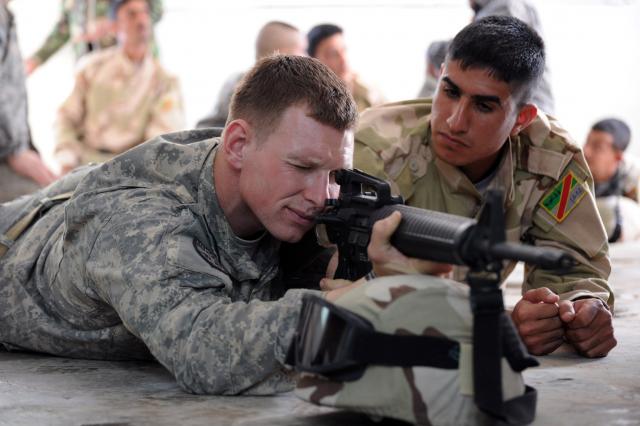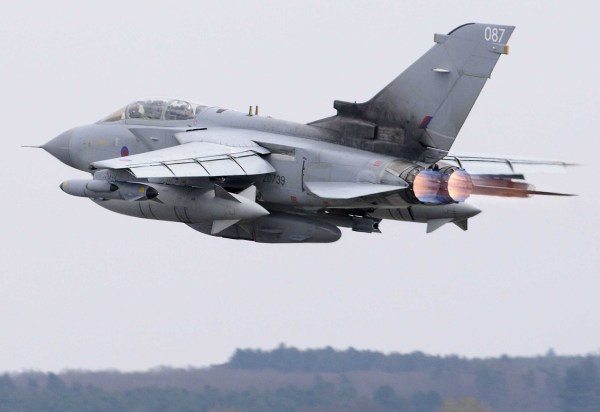A top Army leader in Iraq said Thursday all Operation New Dawn troops are expected to withdraw by December unless the Iraqi government asks the U.S. to stay on.
According to the 2008 security agreement signed by both the U.S. and Iraq, Operation New Dawn will end unless Iraq asks for an extended U.S. presence.
Maj. Gen. Jeffrey Buchanan, a U.S. Forces-Iraq spokesman and director for Strategic Effects, said he has witnessed a transformation in the Iraqi security forces during his four deployments there.
“It’s pretty inspirational seeing how much progress they’ve made,” Buchanan said.
The general said the Iraqi security forces have accomplished much of what they set out to do: security levels have improved and the level of violence is down throughout the country. That this was achieved by the fastest-growing security force in the world with the highest operational tempo is no small feat, he said.
Yet, he maintains, there is still work to be done.
“Frankly, we have a lot left to do in our time left here, but we’re determined to get as much done as possible,” he said. “I’m confident that Iraq is going to continue on a steady path toward progress.”
In the nine months left in Iraq, Buchanan said U.S. troops will continue to focus on what they’ve already been centered on: training. NATO and U.S. troops have been assisting the Iraqi Security Forces in areas such as marksmanship, counter-terrorism operations and arrest procedures, and that won’t change, Buchanan said.
This follows the “advise and assist” stance the U.S. has taken since last year when Iraq took the lead on ensuring security there.
Buchanan said the ultimate vision for Iraq is to become stable, sovereign and self-reliant.
Another agreement signed in 2008 was a strategic framework agreement for a long-term progress plan in Iraq. To that end, a small contingent of military and U.S. embassy personnel will stay in Iraq, just as they do in other countries in the region, Buchanan said.
“That’s what all our plans are geared toward,” Buchanan said of pulling out of Iraq. “We don’t plan on maintaining U.S. Forces-Iraq after 2011.”
Buchanan said in the future if troops are sent to Iraq, it will be part of a normal embassy detail and not a deployment. Also, he said, occasionally Soldiers with equipment expertise may be sent on temporary duty to Iraq to help train the Iraqi Army.
Yet after the U.S. pulls out, Iraq will still have a sizable problem to deal with — al-Qaida. Buchanan explained that although violence is down in Iraq, al-Qaida is still a serious threat.
“They’re still out there and they’re very, very dangerous. They’ve never changed their ideology, and they’re determined to murder as many people as they can,” he said.
Buchanan said the next nine months will be a particularly significant time for U.S.-Iraqi relations.











